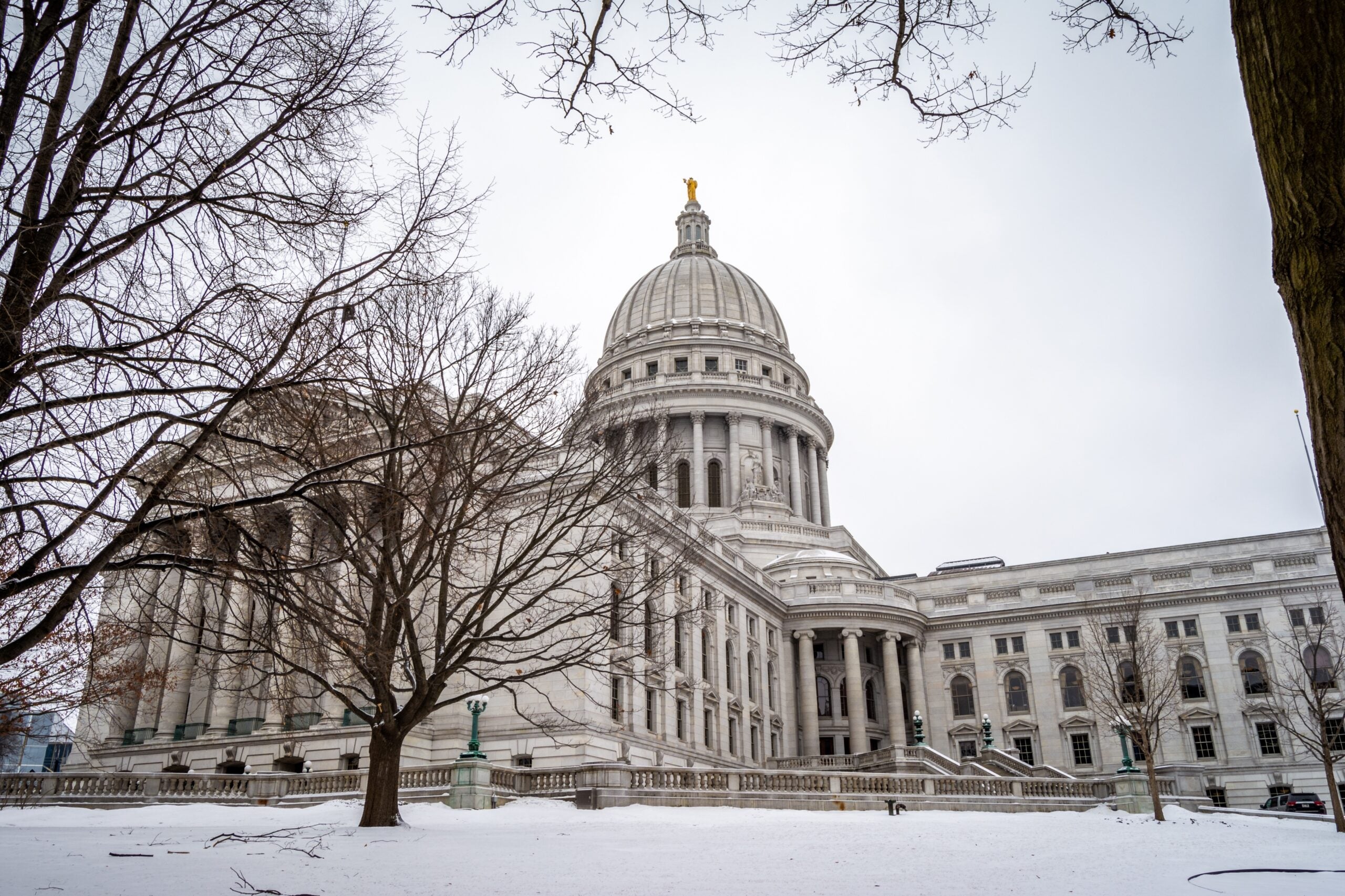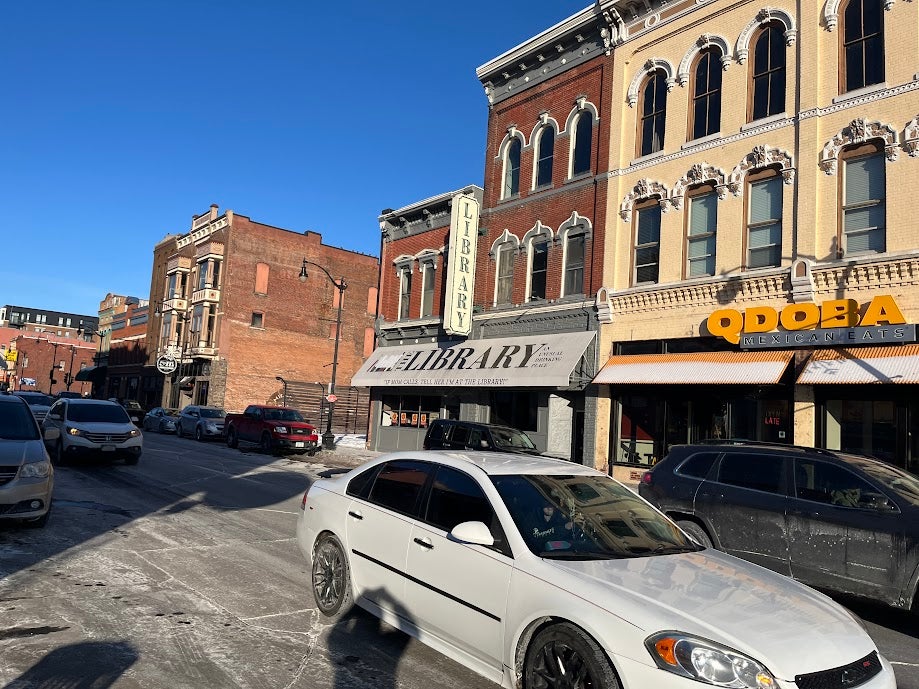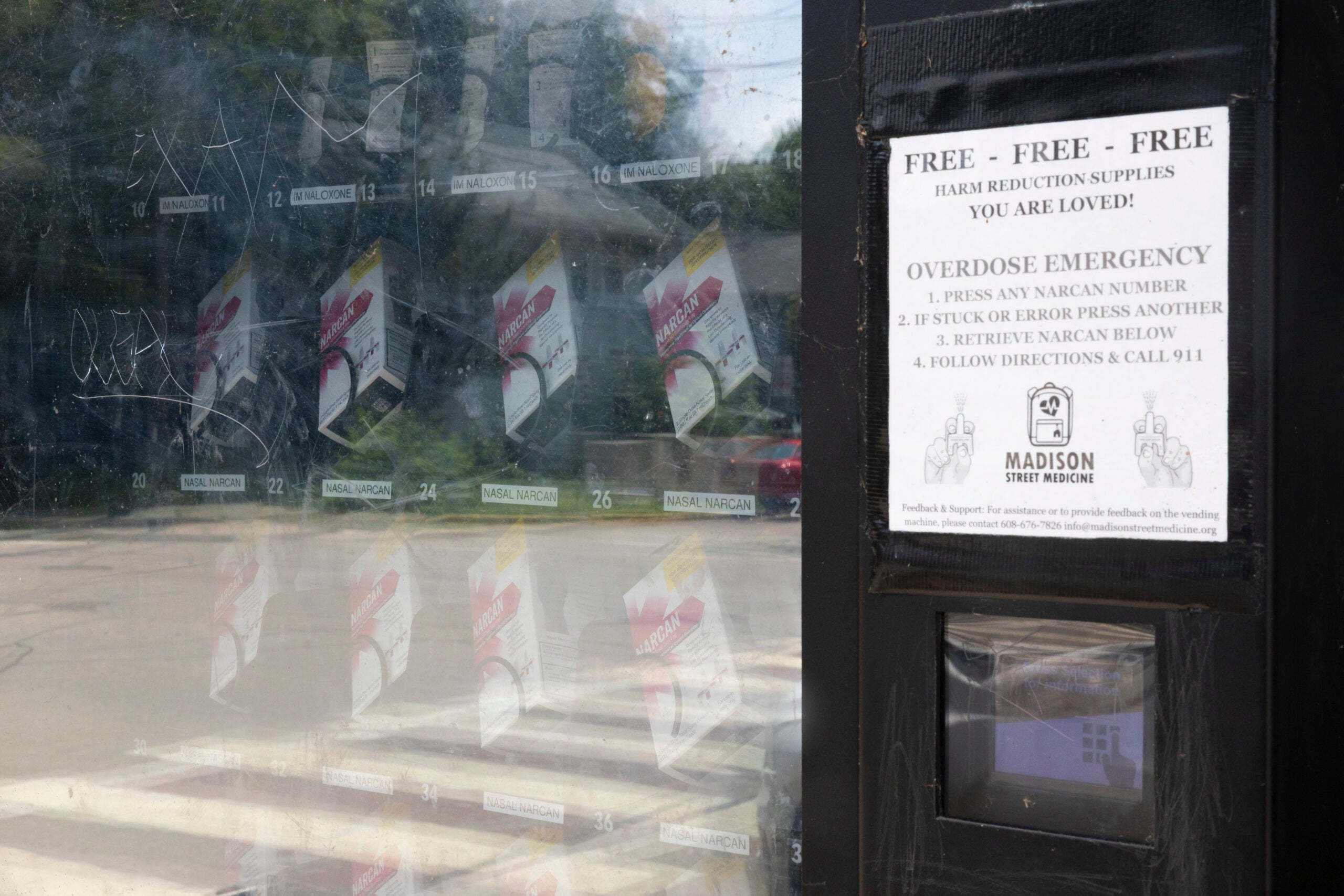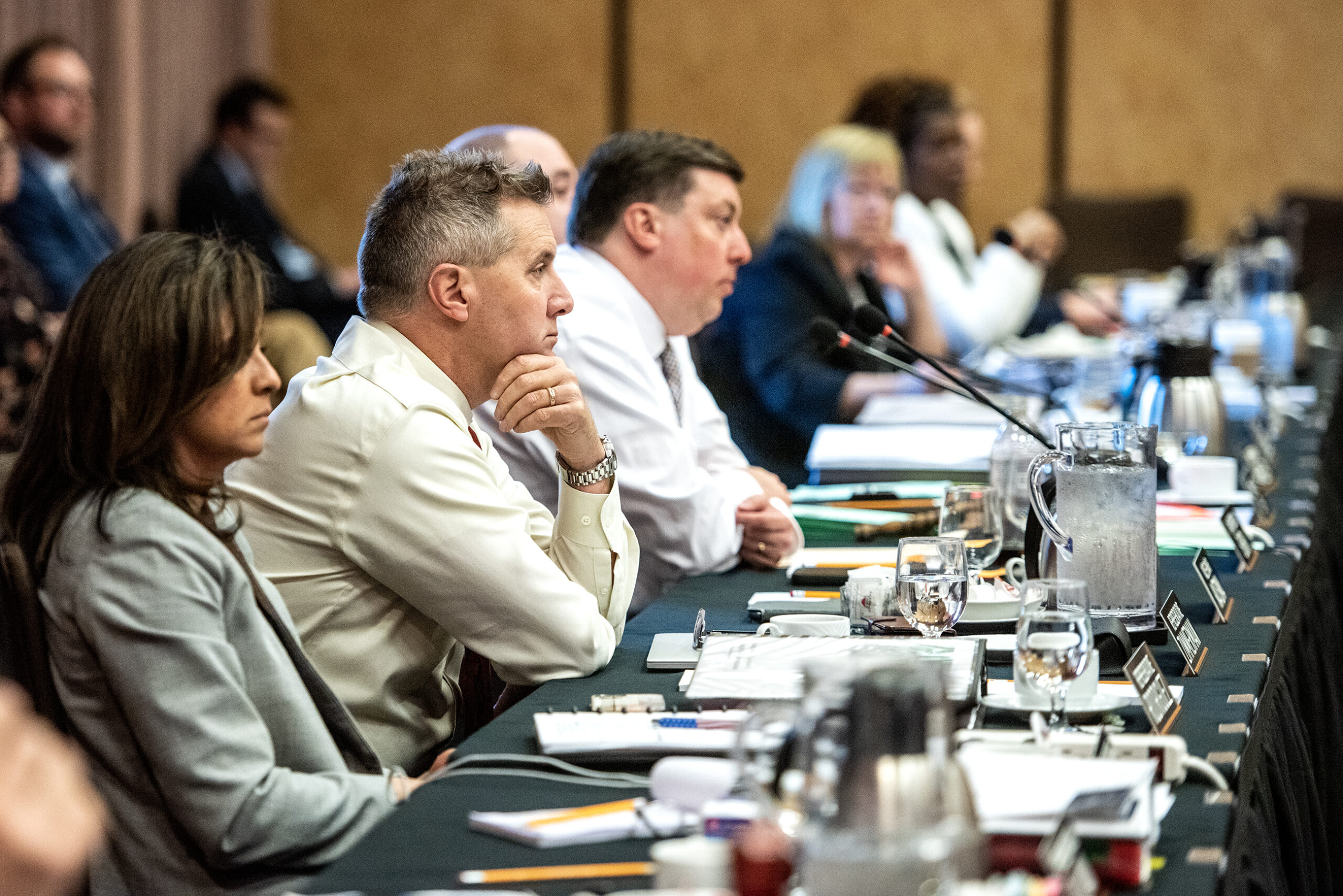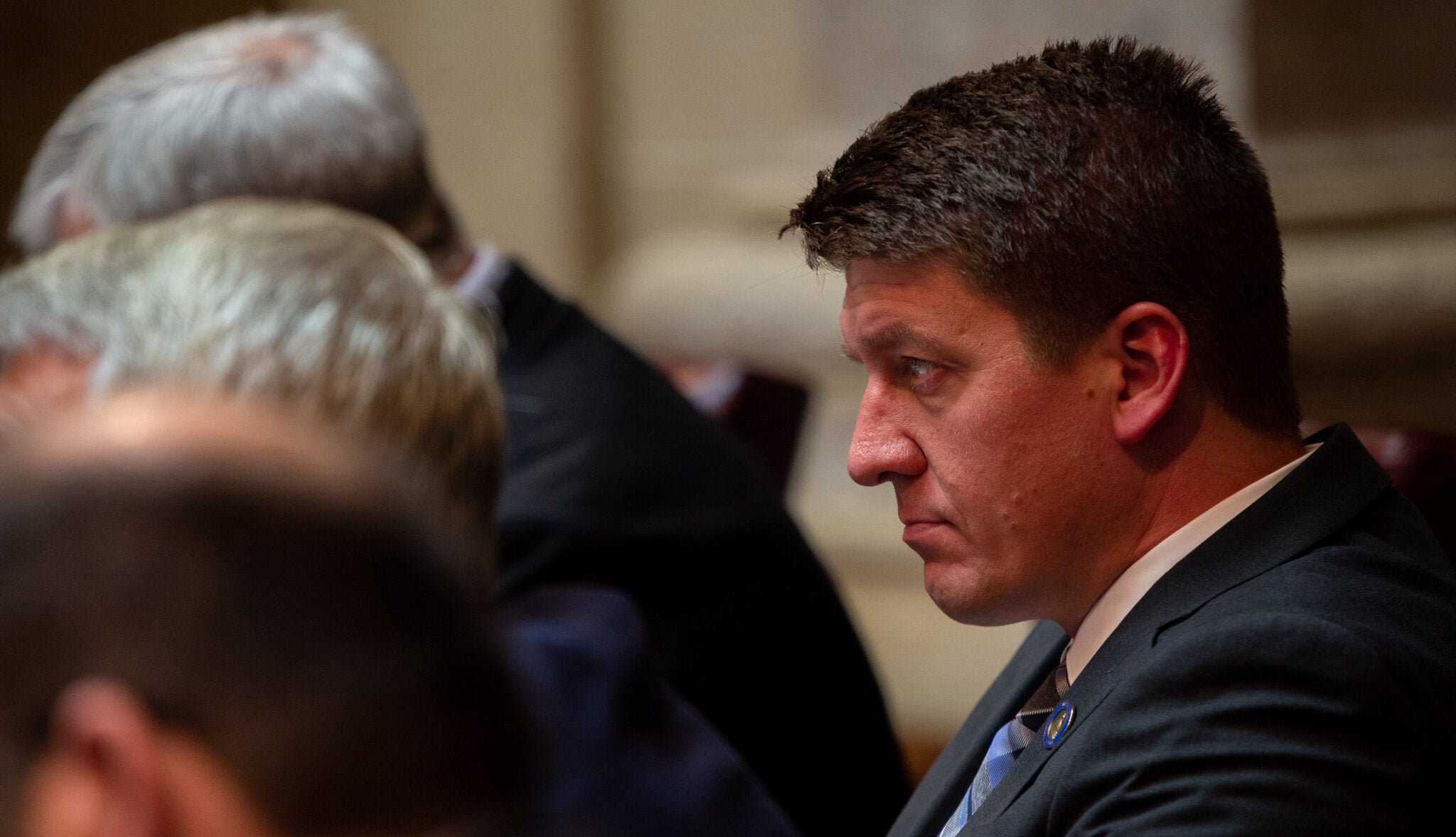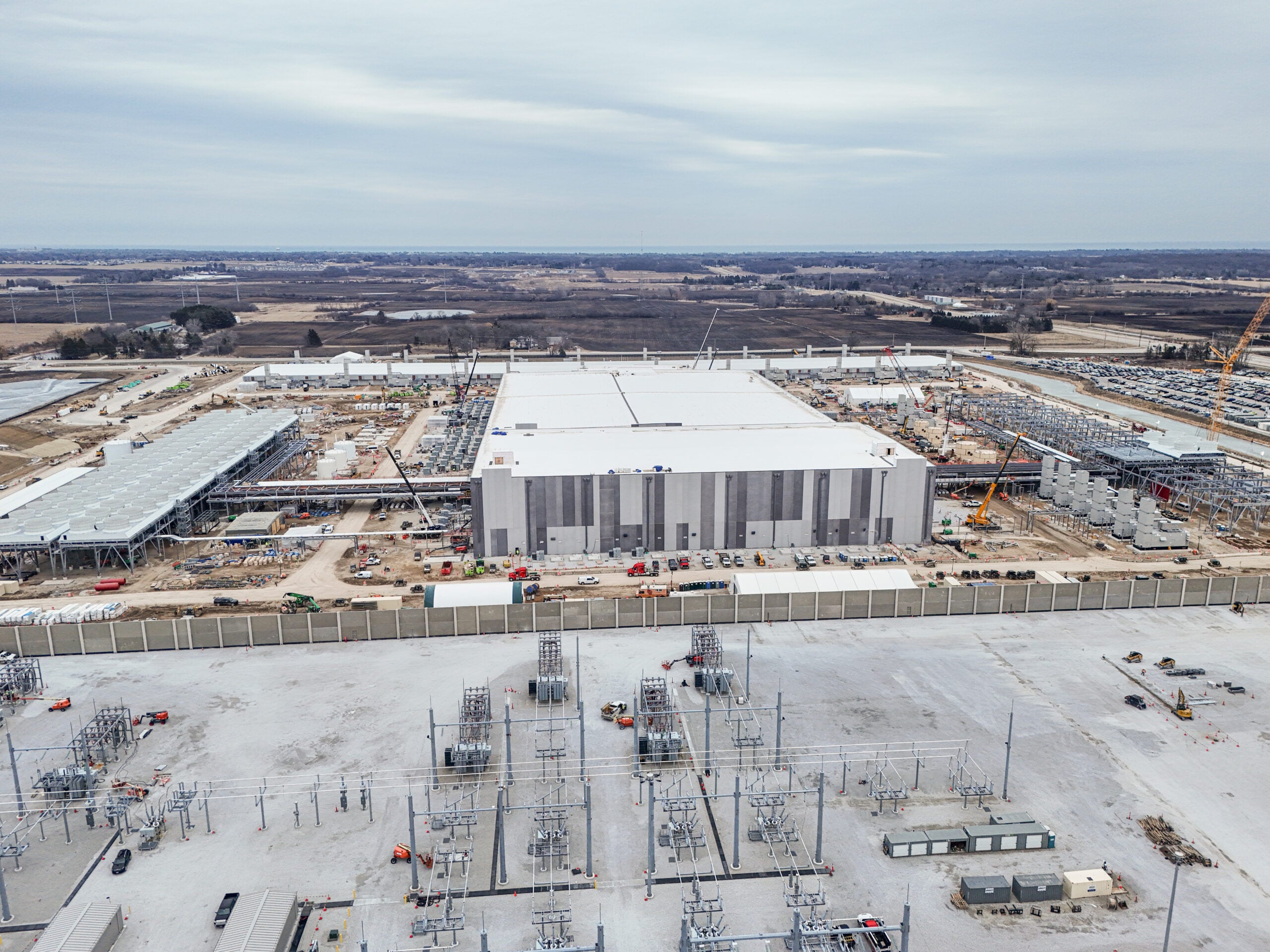Local governments in Wisconsin are set to receive $2.3 billion in the next two years as part of a $1.9 trillion COVID-19 relief package. Now, communities large and small across Wisconsin are sorting through what the money can go toward and how to spend it.
“We’re encouraging communities to be strategic with this kind of one-time pot of money that they’ll receive, and consider coordinating with other jurisdictions in the area like the county and perhaps the state,” said Curt Witynski, deputy director for the League of Wisconsin Municipalities.
The $350 billion included for local governments under the American Rescue Plan Act represents the largest infusion of funding for cash-strapped local governments in decades, according to the Brookings Institution, a public policy think tank based in Washington, D.C.
News with a little more humanity
WPR’s “Wisconsin Today” newsletter keeps you connected to the state you love without feeling overwhelmed. No paywall. No agenda. No corporate filter.
While the funding is significant, it’s not without restrictions. The money is primarily set aside for COVID-19 response and economic losses. That would include assistance for households, small businesses and nonprofits in addition to the tourism, travel and hospitality industry. The funding can also be used to offer premium pay to essential workers and backfill any reductions in government revenues due to the COVID-19 crisis.
Madison City Officials Make Plans For Funds
The city of Madison is projecting revenues will be down by around $67 million through the end of this year compared to revenue projections under the 2020 budget prior to the start of the pandemic, according to the city’s finance department. That includes lost revenues from room taxes, the city’s parking utility, the Monona Terrace convention center and Metro Transit.
Madison Mayor Satya Rhodes-Conway said replacing lost revenues from the COVID-19 response will be one priority for spending the roughly $49 million the city expects to receive under the latest relief bill. That may include replenishing around $8 million in reserves used to balance its $349 million budget.
“We’ll be looking at that as a primary use and then also at how we can deploy these funds to the benefit of the community to help the community recover from COVID-19,” said Rhodes-Conway. “Our priorities will be to look through both an equity and the sustainability lens, but also to try and leverage these funds to the best impact in our community.”
The city has canceled mandatory furloughs as the U.S. Treasury is set to award the first half of funding allotments to local governments in May. Communities will receive the second half the following year. David Schmiedicke, the city’s finance director, said during an April 5 finance committee meeting that priorities for funding will include COVID-19 response, housing, food, child care, business recovery and broadband internet.
City officials and others are exploring potential gaps in those receiving assistance under the federal relief bill to better target areas in need. Gov. Tony Evers has said he intends to spend $3.2 billion earmarked for the state to support small businesses, pandemic response, infrastructure and the state’s tourism industry. GOP lawmakers have put forward their own plan to fund infrastructure, tourism and businesses along with several other measures that may not be allowed under the federal relief package.
The American Rescue Plan Act does allow investment in sewer, water and broadband infrastructure. At last Monday’s meeting, Rhodes-Conway noted that investing in broadband to improve high-speed internet access might be one potential area for collaboration with the Madison Metropolitan School District or state.
Superior City Officials Eye Improving Broadband Access
Both Evers and GOP lawmakers support increased funding for broadband expansion. Evers has proposed spending a record $150 million in state funding through the budget while Republicans are planning a multi-year, $500 million bill to improve high-speed internet access through federal COVID-19 relief.
In far northern Wisconsin, the city of Superior has identified broadband investment as one potential priority for spending roughly $17.7 million slated for the city under the federal relief bill. The city has been working with consultant EntryPoint Networks on a roughly $31 million proposal to build a city-owned network that would be used by multiple internet service providers to improve competition and lower rates.
“We have a project that we have investigated and prepared for that we’re excited about, and it’s also very expensive and that was a cost that we were going to pass to users,” said Superior Mayor Jim Paine.
At a recent City Council meeting, the city’s consultant said homeowners would pay an average of $55 per month for the service at 10 times the speed compared to the current average of $81 per month. Some City Council members have expressed concerns over the project’s price tag. Superior’s mayor said they could also distribute the funding to nonprofits for things like rental and homeowner assistance, as well as grants to small businesses.
While general funding guidelines exist, many questions remain for community leaders on what projects are eligible or which expenses qualify as pandemic-related losses. In Ashland County, officials are wondering whether lost timber revenues stemming from the shutdown of the Verso mill in Wisconsin Rapids would qualify as COVID-related government losses. The U.S. Treasury is expected to release further guidance on appropriate spending of COVID-19 relief money around the time funding is distributed to state and local governments.
Meanwhile, some town officials aren’t happy with the limits on spending federal relief, including the Town of Richmond in northeastern Wisconsin. Town Chairman Steve Gueths said the town doesn’t have many COVID-related expenses after receiving assistance through the first round of CARES Act funding.
He added that the town doesn’t have enough funding to put toward the cost of any sewer or water expansion at this time, noting the $180,000 they’re set to receive wouldn’t cover the entire cost of such projects. He highlighted the town’s most pressing needs are funding for road repairs and equipment.
“If we don’t need it for the areas that it’s supposed to be for, then why send it to us?” said Gueths. “Because we can’t use it for what we need it for, it’s not worth it to us, and you might as well give it back to the taxpayers and not spend it.”
The League’s Witysnki hoped communities would give the funding serious consideration, but he added it’s possible for communities to transfer money to other jurisdictions or the state.
Communities with a population of 50,000 or less will receive funding through the state, which intends to distribute money within 30 days after it’s received. Larger cities will receive the money directly from the U.S. Treasury in May. Local governments must spend the money by the end of 2024.
Wisconsin Public Radio, © Copyright 2025, Board of Regents of the University of Wisconsin System and Wisconsin Educational Communications Board.

